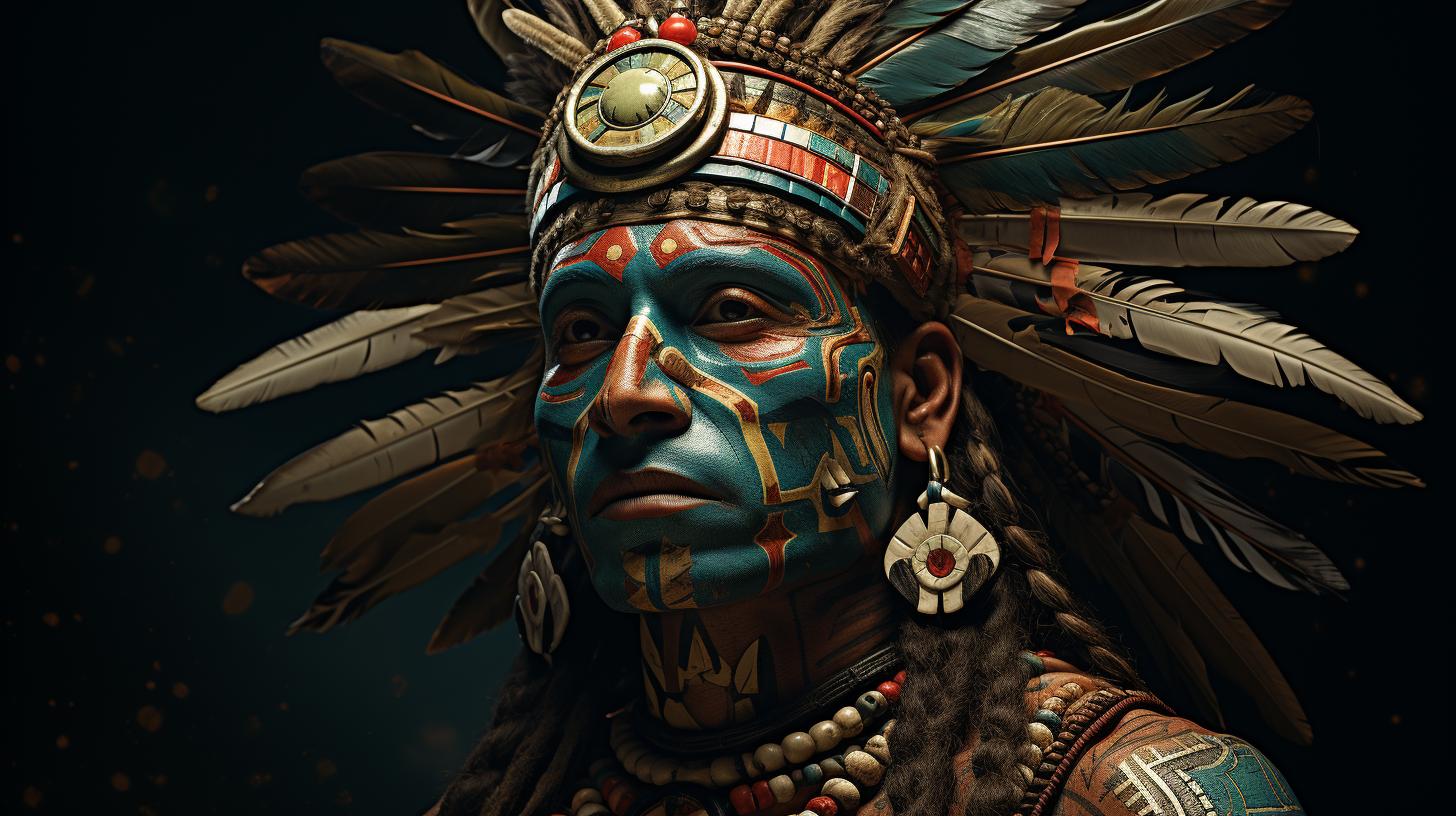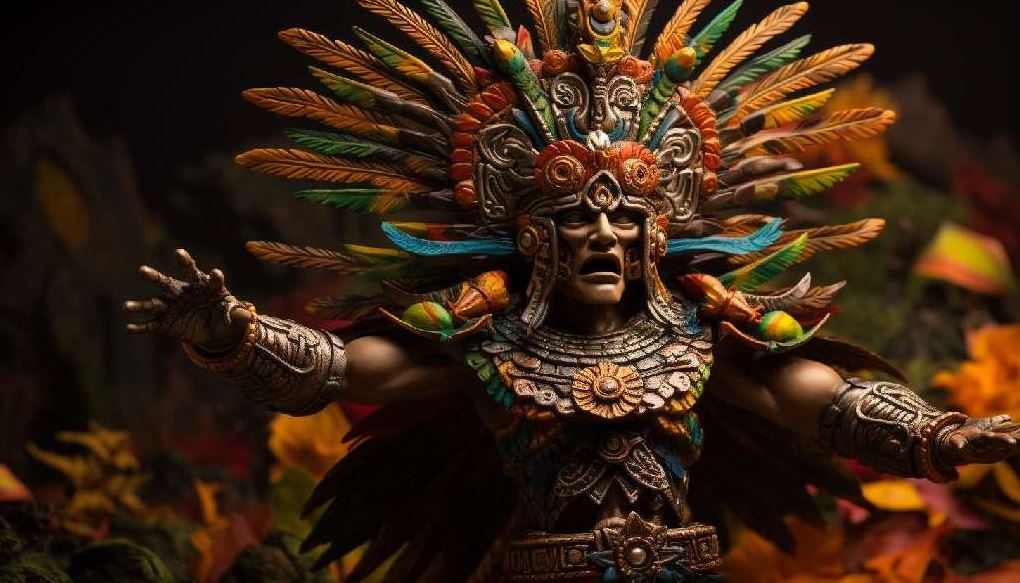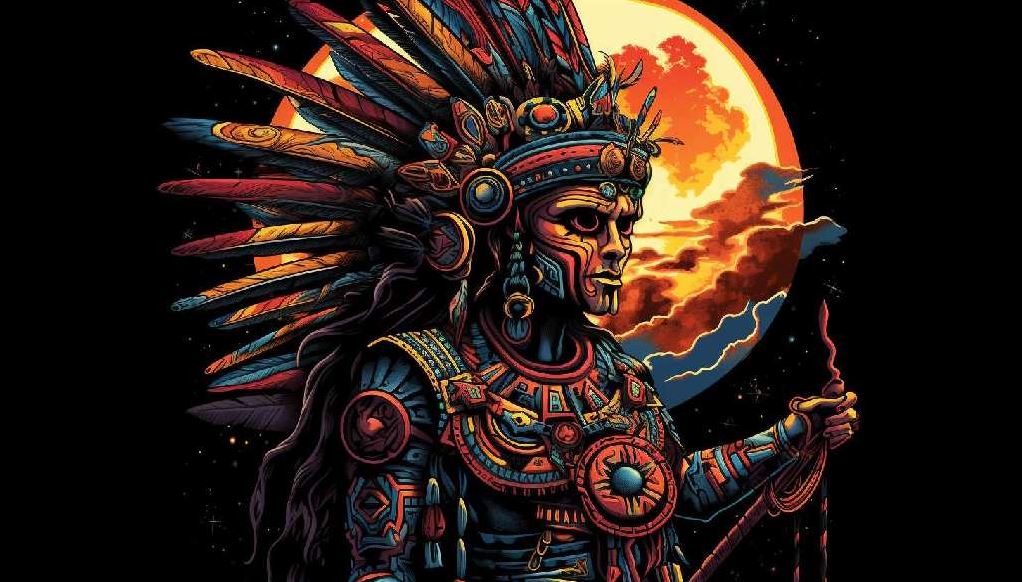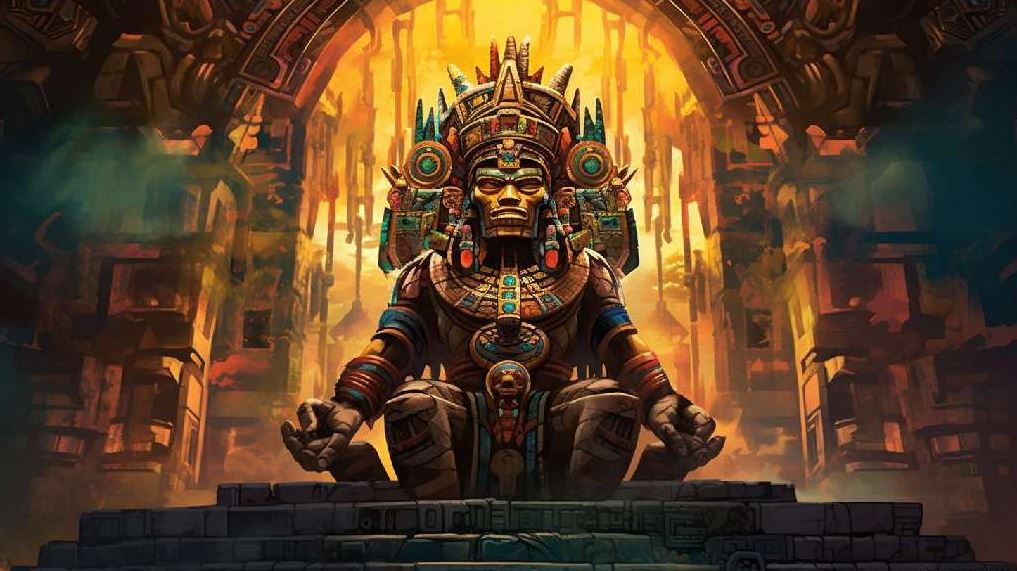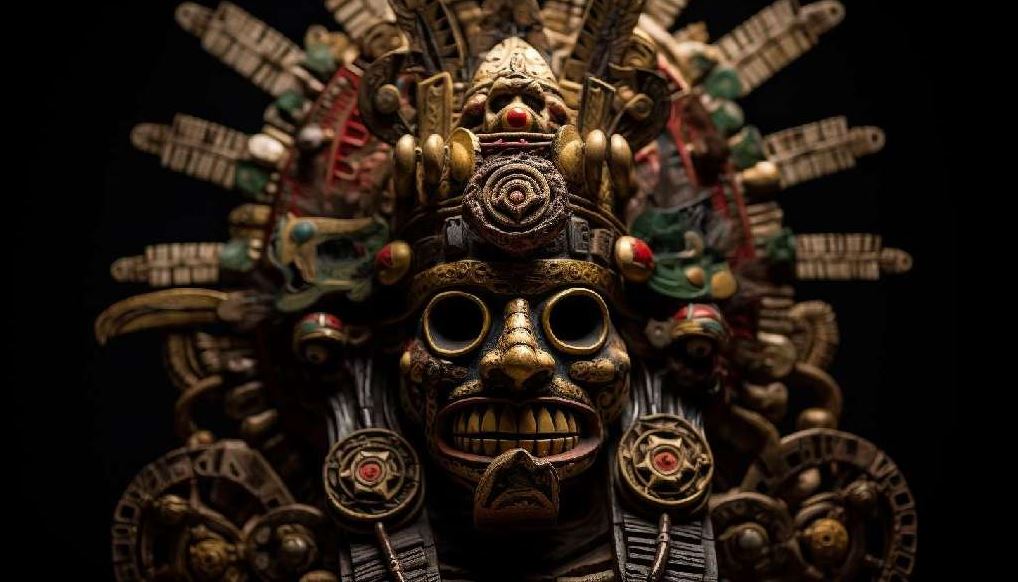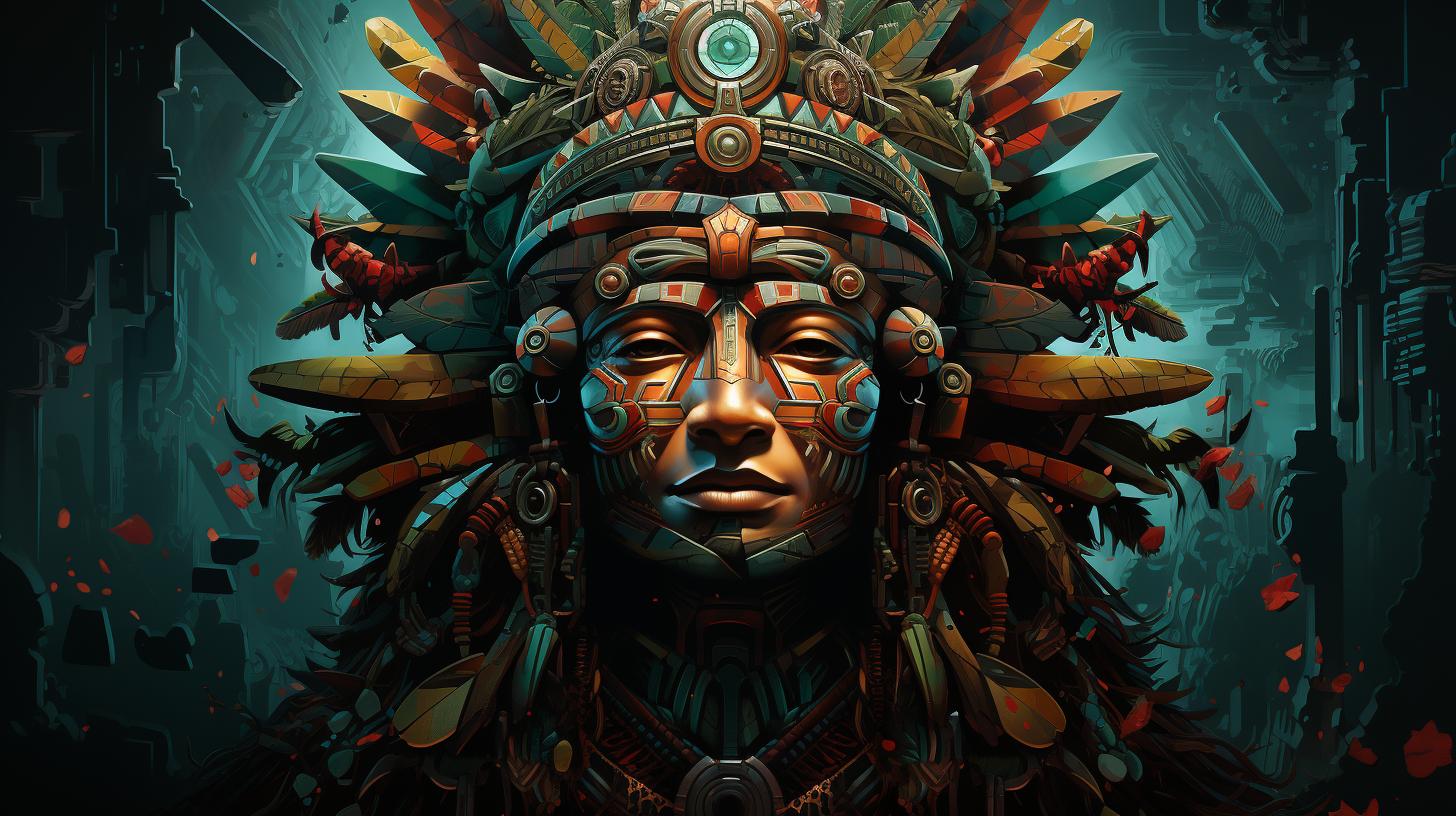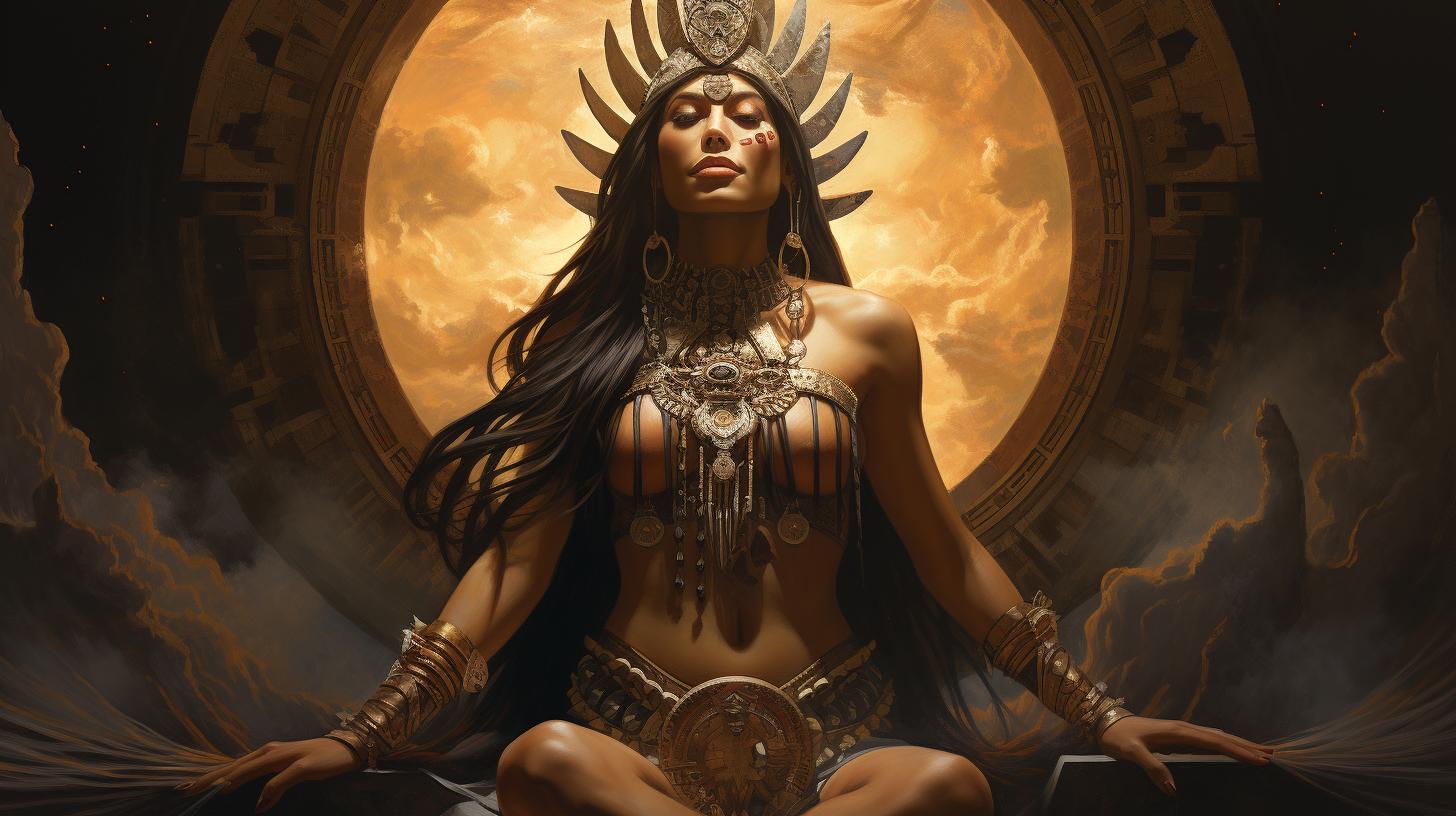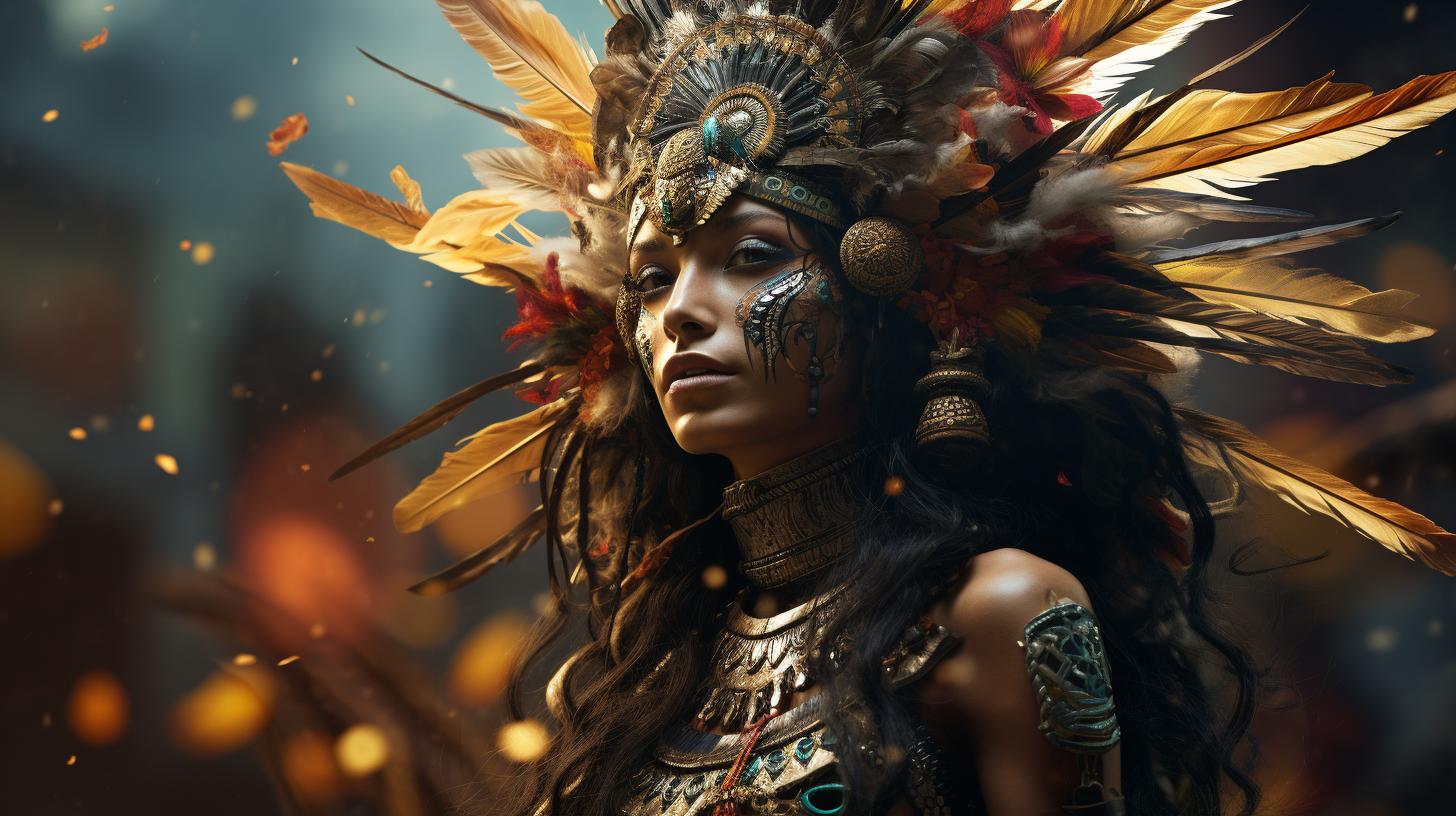Ometochtli: Exploring the Aztec God of Pulque and Drunken Rabbits
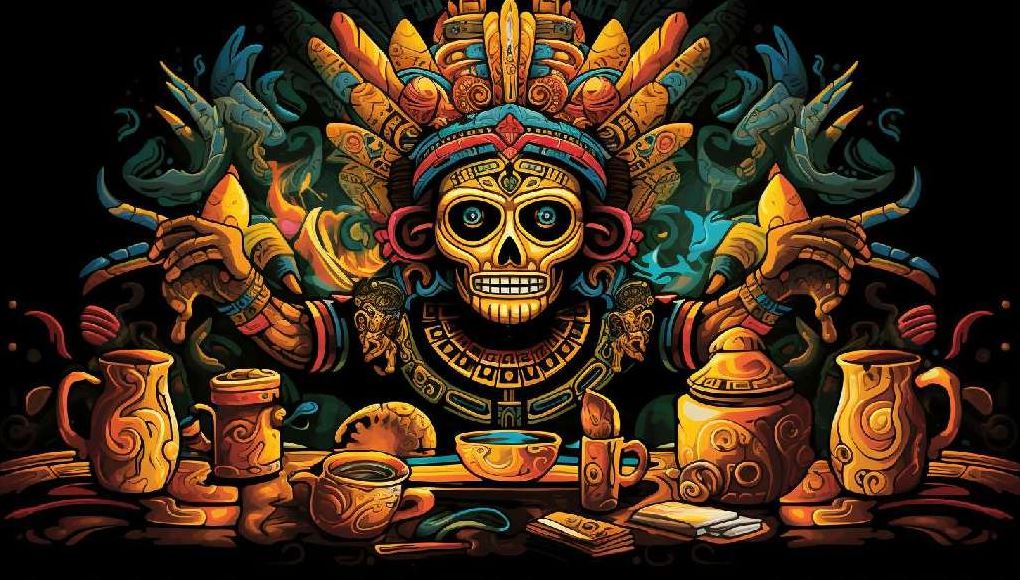
Ometochtli holds a significant role in Aztec mythology as the god of Pulque, a popular alcoholic beverage. As the supreme deity of this intoxicating drink, Ometochtli is also known as the king of drunken rabbits.
The name ‘Ometochtli’ itself translates to ‘Two Rabbits’. This deity is associated with various deities related to Pulque, and their festivals were celebrated by dedicated priests. In this article, we will dive into the origins, beliefs, cultural significance, and contemporary perspectives surrounding Ometochtli and Pulque.
Explore the rich heritage and ongoing research in understanding this fascinating aspect of Aztec culture.
The Origins of Ometochtli in Aztec Mythology
The origins of Ometochtli are deeply rooted in the rich mythology of the Aztec civilization. This section explores the mythological context surrounding Ometochtli, shedding light on their significance as a deity linked to Pulque and the Maguey plant, as well as uncovering the profound meaning behind their name.
The Mythological Context of Ometochtli
Within Aztec mythology, Ometochtli occupies a prominent place as a revered god associated with the consumption of Pulque. As we delve into the intricacies of this mythological context, we uncover the various tales and beliefs surrounding Ometochtli that shaped their role in Aztec religious practices.
The Association with Pulque and the Maguey Plant
An integral aspect of Ometochtli’s mythology lies in their association with Pulque, the alcoholic beverage derived from the sacred Maguey plant. By examining this entwined relationship, we gain insights into how Ometochtli became the supreme deity of this revered elixir, perceived as a divine gift from the gods.
The Meaning Behind the Name ‘Ometochtli’
The name ‘Ometochtli’ carries significant symbolic importance, rooted in the Aztec language and their worldview. Unraveling the layers of meaning behind this name provides us with a deeper understanding of Ometochtli’s character, role, and their connection to the spiritual and cultural fabric of Aztec society.
Ometochtli: Deities and Beliefs in Aztec Religion
Uncover the profound association between Ometochtli and Pulque, the sacred alcoholic beverage derived from the Maguey plant.
Delve into the fascinating meaning behind the name ‘Ometochtli’ and its significance in Aztec cosmology.
Ometochtli as a Central Figure in Religious Practices
As one of the prominent deities in Aztec religion, Ometochtli plays a vital role in religious practices. Explore the significance of Ometochtli as a symbol of fertility, abundance, and celebration.
Unravel the rituals and ceremonies dedicated to Ometochtli, which highlight their importance as a central figure in Aztec spiritual cosmology and societal customs.
Gain insight into the religious significance of Ometochtli’s festivals and the role they play in the community.
Ometochtli’s Association with Other Deities in Aztec Mythology
Discover the intricate connections between Ometochtli and other deities within Aztec mythology. Explore the intertwined relationships with deities such as Centzon Totochtin, Mayahuel, Tepoztecatl, and Macuil-Tochtli. Uncover the divine dynamics and mythological narratives that connect these deities, shedding light on their roles in the Aztec pantheon and their influence on the spiritual and cultural fabric of society.
The Role of Ometochtli in Ritualistic Consumption of Pulque
Delve into the ritualistic consumption of Pulque and the integral role Ometochtli plays in this ancient practice. Explore the sacred nature of Pulque and its significance as a ceremonial beverage. Understand the specific rituals and traditions that involve Ometochtli, focusing on the preparation and consumption of Pulque as offerings to honor the deity.
Examine the cultural and spiritual implications of this ritualistic connection between Ometochtli and the sacred alcoholic elixir.
The Cultural Significance of Ometochtli and Pulque in Mesoamerican Society
The cultural significance of Ometochtli and Pulque in Mesoamerican society encompasses various aspects of social and cultural practices, symbolisms, and artistic representations. Let’s explore these key elements that shed light on the profound impact of Ometochtli and Pulque in the fabric of Mesoamerican civilization.
Ometochtli’s Influence on Social and Cultural Practices
Ometochtli’s divine presence left an indelible mark on Mesoamerican social and cultural practices. The reverence for Ometochtli and the consumption of Pulque were deeply entwined with communal rituals and celebrations.
From intimate gatherings to grand festivals, the consumption of Pulque served as a means of bonding, fostering unity, and strengthening social connections within communities.
In addition, Ometochtli’s association with drunkenness and revelry played a significant role in social dynamics, breaking down barriers and facilitating a sense of liberation and camaraderie. These cultural practices not only provided moments of respite and joy but also reinforced communal identity and solidarity.
The Symbolic Meaning of Pulque as an Alcoholic Beverage
Pulque, as the sacred drink associated with Ometochtli, carried profound symbolic meanings in Mesoamerican society. Beyond being a mere beverage, Pulque served as a conduit for spiritual experiences and connections with the divine realm.
The fermentation process of the maguey plant, central to Pulque production, was seen as a transformative alchemical process, symbolizing life, death, and rebirth.
Furthermore, the intoxicating nature of Pulque was believed to grant access to altered states of consciousness, enabling individuals to transcend the mundane and commune with the spiritual world. Pulque’s symbolic significance extended beyond its physical properties, embodying a complex interplay between earthly and divine realms, mortality and immortality, and the material and spiritual dimensions of existence.
Ometochtli’s Representation in Art, Literature, and Iconography
The artistic and literary expressions of Ometochtli’s mythology further elucidated his cultural significance in Mesoamerican society. Numerous visual representations depicted Ometochtli in various forms, often highlighting his association with rabbits, drunkenness, and pulque production.
These artistic representations served as visual narratives, capturing the essence of Ometochtli’s divine presence and inviting viewers to delve into the realms of myth and spirituality.
In literature, Ometochtli frequently appeared in mythological texts, poetry, and oral traditions, further solidifying his role as a central figure in Aztec mythology. Through storytelling and poetic expression, Ometochtli’s exploits and attributes were celebrated, emphasizing his influence on the human experience and the interplay between the mortal and divine realms.
Understanding the cultural significance of Ometochtli and Pulque in Mesoamerican society provides valuable insights into the intricate tapestry of beliefs, rituals, and artistic expressions that shaped the lives of the Aztec people.
Exploring the impact of Ometochtli’s influence on social practices, the symbolic meaning of Pulque, and its artistic representation deepens our appreciation for this fascinating aspect of Mesoamerican culture.
Contemporary Perspectives on Ometochtli and Pulque
In today’s Mexican culture, Ometochtli’s legacy continues to hold significant importance. The god of Pulque, Ometochtli, remains a symbol of celebration, festivity, and cultural identity. The rituals and traditions associated with Ometochtli have permeated various aspects of Mexican life, including art, music, and literature.
Ometochtli’s Legacy in Mexican Culture
Ometochtli’s influence can be seen in traditional Mexican festivals and celebrations, where Pulque plays a central role. From religious ceremonies to social gatherings, Pulque has become an integral part of Mexican cultural heritage.
This alcoholic beverage, with its deep historical roots, has been embraced as a symbol of national pride and identity.
The imagery of Ometochtli, often depicted as the ruler of drunken rabbits, resonates with Mexicans, evoking notions of joy, revelry, and kinship. Ometochtli’s playful and jovial character adds a touch of whimsy to Mexican folklore and traditions.
The Revival of Pulque and Its Place in Modern Society
As with many traditional cultural elements, the consumption of Pulque experienced a decline in modern times. However, there has been a recent revival of Pulque’s popularity, especially among the younger generation.
This resurgence can be attributed to efforts to preserve and promote Mexican cultural heritage.
Pulquerías, establishments dedicated to serving Pulque, have regained their popularity, attracting locals and tourists alike. These venues offer a unique experience, immersing visitors in the rich history and flavors of Pulque.
The modern revival of Pulque not only revitalizes a centuries-old tradition but also supports local farmers and artisans involved in its production.
Exploring the Ongoing Research and Studies on Ometochtli
Ometochtli and the significance of Pulque are subjects of continued research and exploration. Scholars, archaeologists, and historians delve into ancient texts, artworks, and archaeological findings to better understand the role of Ometochtli in Aztec mythology and its impact on Mesoamerican society.
Contemporary studies on Ometochtli also focus on the cultural, social, and religious aspects associated with Pulque. These investigations shed light on the intricate connections between spirituality, communal bonding, and the consumption of alcoholic beverages in ancient civilizations.
Through ongoing research and studies, we gain a deeper appreciation for Ometochtli’s cultural significance and the enduring legacy of Pulque in Mexican society…











